Priority Programme SPP 2020
Logo SPP 2020
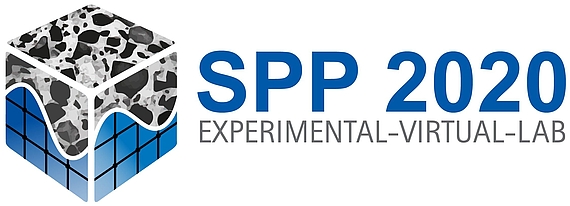
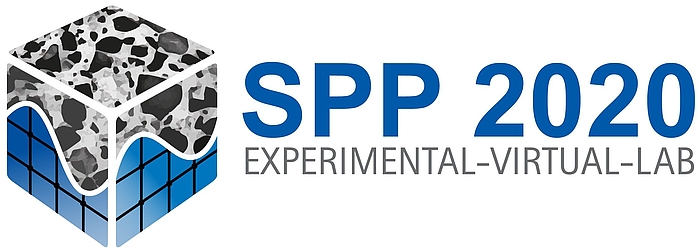

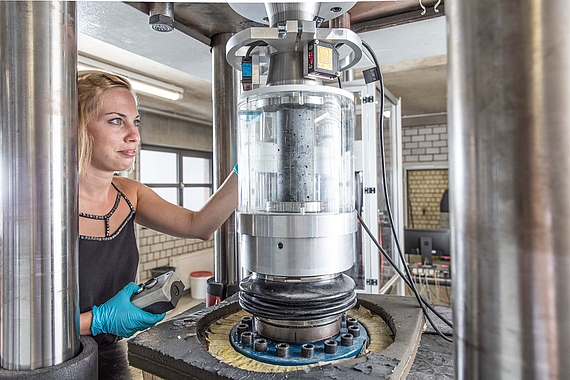
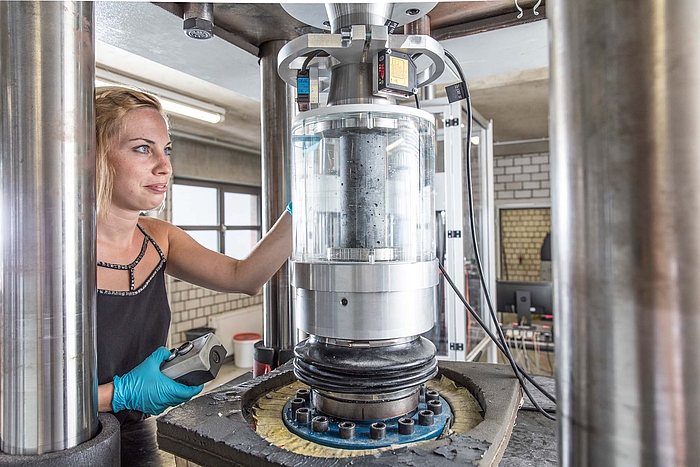
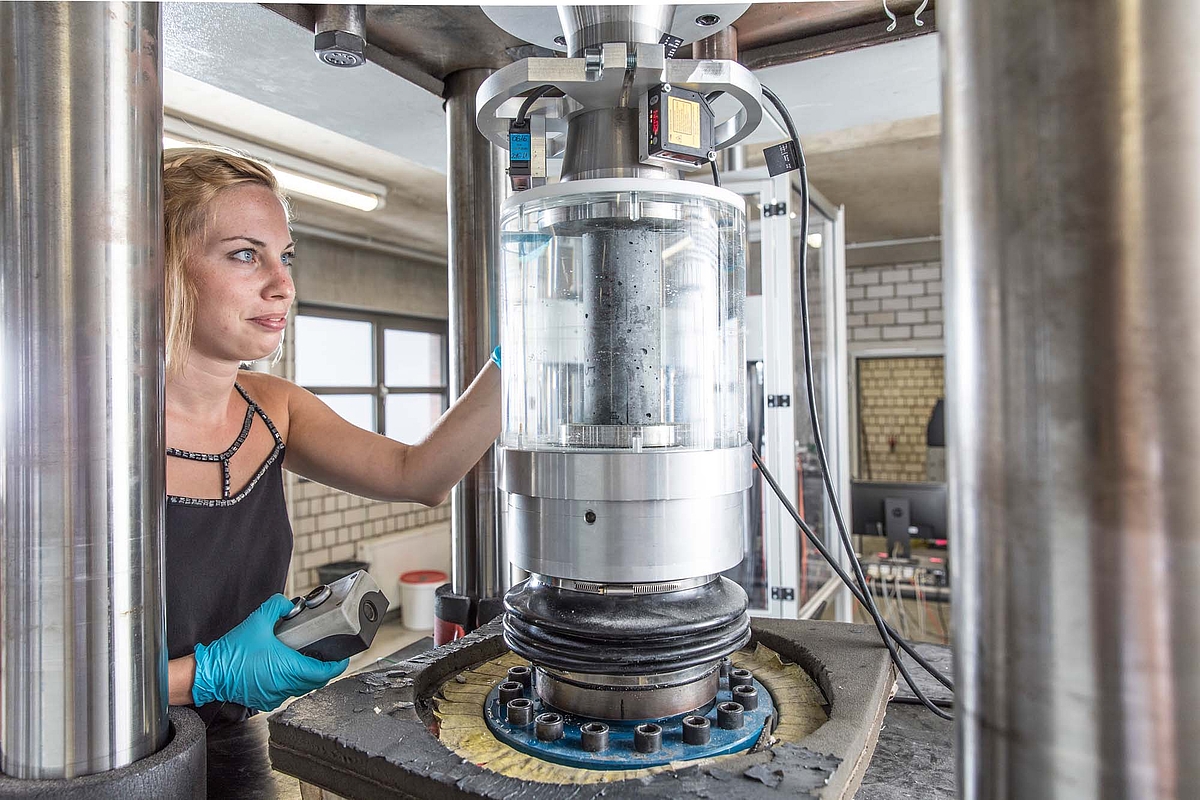 ©
FBG / C. Bierwagen
©
FBG / C. Bierwagen
In the Priority Programme 2020 "Cyclic damage processes in high-performance concretes in the Experimental Virtual Lab", scientists from 14 universities are working together in a total of 13 interdisciplinary projects to investigate the deterioration in high-performance concrete under cyclic loading. They are supported in their joint work by a central project.
Coordination: Prof. Dr.-Ing. Ludger Lohaus
Participating Institutions:
- Bergische Universität Wuppertal
- Karlsruher Institut für Technologie
- Leibniz Universität Hannover
- Ruhr-Universität Bochum
- Technische Universität Braunschweig
- Technische Universität Darmstadt
- Technische Universität Dresden
- Technische Universität Hamburg
- Technische Universität Kaiserslautern
- Technische Universität München
- Universität Augsburg
- Universität Duisburg-Essen
- Universität Stuttgart
Participation in other Priority Programmes
SPP 2187 Adaptive modularized constructions made in flux
Coordinator SPP 2187: Prof. Dr.-Ing. habil. Peter Mark, Ruhr Universität Bochum
Project 7: Quality assured flow production of lightweight UHSC rod elements using artificial neural networks
Applicants: Prof. Dr.-Ing. Ludger Lohaus (Institute of Building Materials Science), Prof. Dr.-Ing. habil. Raimund Rolfes (Institut of Structural Analysis)
SPP 2005 Opus Fluidum Futurum – Rheology of reactive, multiscale, multiphase construction materials
Coordinator: Prof. Dr.-Ing. Viktor Mechtcherine, Technische Universität Dresden
Projects:
SPP 1886 Polymorphic uncertainty modelling for the numerical design of structures
Spokesperson: Professor Dr.-Ing. Michael Kaliske, Technische Universität Dresden
TP21: Sophisticated computational techniques for damage mechanics with mixed uncertain input fields
Prof. Dr.-Ing. Udo Nackenhorst (Institute of Mechanics and Computational Mechanics)


